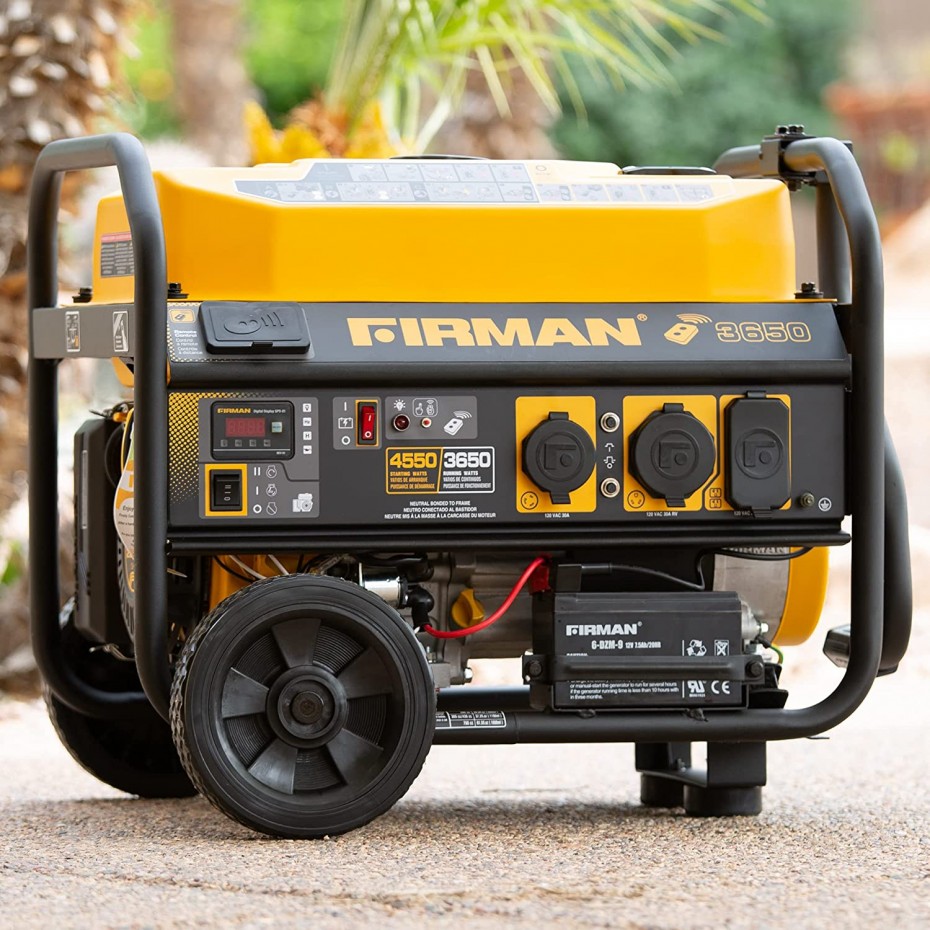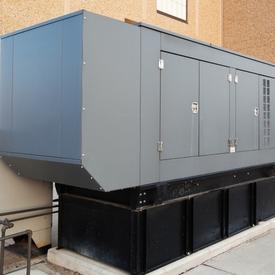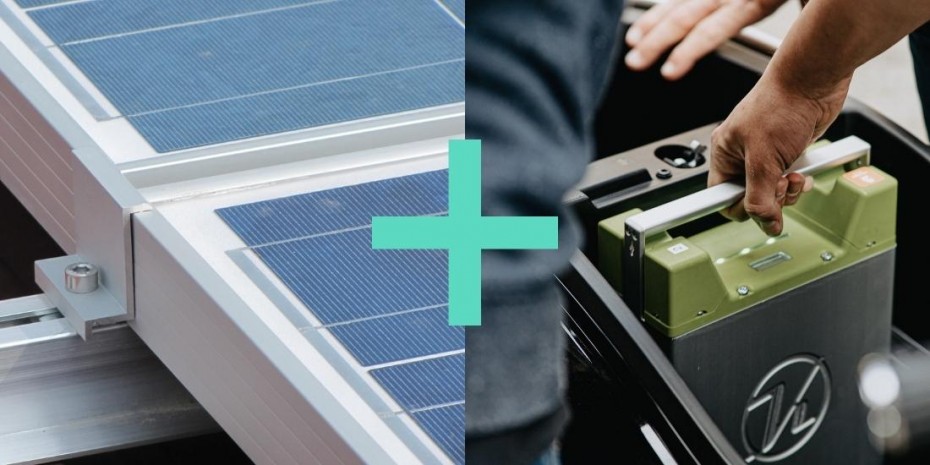Generator OR Solar Panels with Batteries - What's the best option for my business?
December 16, 2021
If your company is located in an area with frequent power outages, you’re probably already very familiar with backup power supply solutions such as conventional generators, but new solutions such as solar panels with batteries can be a much cleaner alternative and even cheaper solution in some cases.
Making sure that your critical systems remain operational during an outage can be extremely important for certain businesses and even save an enormous amount of money - think of a food processing or pharmaceutical company that needs to maintain its inventory in a cool environment or even a 24/7 manufacturing plant that simply can’t shut down without incurring extremely high costs.
But other types of organizations may want to keep some of their systems operational to minimize the impact on logistics. For example, a university may require its internet access and Wi-Fi to remain operational in addition to a portion of its lighting. This would allow teachers and students to remain on campus and prevent a massive rescheduling.
But of course, the perfect solution for your business is the one that will provide you with enough power to support your “critical loads” (anything you would need to power in case of an outage) for as long you need, and within your budget.
So before evaluating any solution, all businesses should perform a feasibility study with an expert (for example, the vadiMAP prescription report) to make sure they perfectly understand their energy requirements.
------------------
When looking at replacing or purchasing a backup solution, companies usually look at the following characteristics:
- Purchase cost – upfront cost to purchase the equipment
- Operational cost - for example, gas required to power the generator
- Maintenance cost – cost to keep the equipment secure and functional
- Autonomy - how long can it run for when power goes down?
- Lifespan / durability – when does it need to be replaced?
- Response time - how quickly can it be switched on?
But the world today requires us to look at these solutions from an additional perspective. Few really take time to think about the following characteristics:
- Greenhouse Gas Emissions – CO2 emissions from gas generators can be very high
- Noise pollution - fueled powered generators are noisy and should be installed outside most of the time
In many ways, generators are effective and certainly the most widely used backup solution today. However, many will opt for a generator without evaluating other options.
Let’s look at both options, generators, and solar panels with batteries, to help you understand the pros and cons and decide which is best suited for your organization.
Conventional Generators
Conventional (or traditional) generators can be stand-alone or portable and run using a variety of fuels such as gasoline, diesel, biodiesel, propane, or natural gas.
1) Portable generators

Portable generators are usually ok for your home or may be suited for very small businesses or offices. They usually require manual intervention and may look intimidating for first-time users.
Pros
Less expensive and can be easily moved (portable).
Cons
Limited in power, very noisy, produce a lot of smoke, require regular maintenance and a manual start. Portable generators can also cause some technical problems if not disconnected on time when power is back.
Natural gas generators are cleaner and less noisy but require a special connection to a propane or natural gas tank.
2) Standby generators

Standby generators are equipped with a manual or automatic transfer switch. In other words, they can either automatically start when the power fails or require manual intervention.
These generators are usually more suited for larger businesses and the solution selected by default for many organizations.
Pros
Higher power capacity, long autonomy (if enough fuel supply) and longer lifespan.
Cons
High CO2 emissions (for certain fuels), noisy, high installation costs, requires a permit (in many cities), high maintenance costs, delay in response time (even with automatic transfer switch) and needs to be refueled when empty. Fuel reserve is also not to be ignored and can bring additional costs or even storage risks.
Solar panels with batteries

Recent innovations in lithium-ion batteries have made them a perfect choice for many businesses looking for a new and more responsible and sustainable power backup solution. Businesses now have access to larger capacity batteries at a lower cost as well as innovative solutions allowing them to easily connect the batteries to solar panels and be automatically switched on and off and require little or no maintenance.
Connected to solar panels, lithium-ion batteries are the most responsible, sustainable, and sometimes even the safest way to power critical loads during an outage.
Upfront costs are usually higher, but they require little or no maintenance and zero fuel. Operational and maintenance costs are then close to zero.
Pros
Solar panels with batteries are reliable, they provide uninterrupted power (much faster switch than generators), have minimal environmental impact, provide an infinite amount of “free” power (will store excess solar during the day for use after sunset), require very little maintenance, they are extremely quiet and there’s no need to worry about fuel reserve. In addition, batteries can provide economic benefits when combined with a smart energy management system.
Cons
Solar panels with batteries generally hold less power than generators in many cases (limited by budget, not technological capacity), overcast days can reduce solar energy production and purchase cost is higher.
Which solution is best for your business?
As mentioned earlier, the perfect solution for your business is the one that will provide you with enough power to support your “critical loads” for as long you need, and within your budget.
So before evaluating any options, make sure you have a perfect understanding of your energy profile and what you’ll require to power in case of an outage.
Traditional generators may still be the best option for some businesses in some cases, but solar-powered batteries are the right choice for organizations looking for a reliable, clean, and worry-free solution for the future!
Contact us now to learn how we can help with an easy and fast feasibility study

